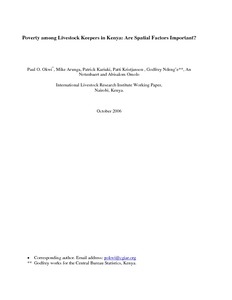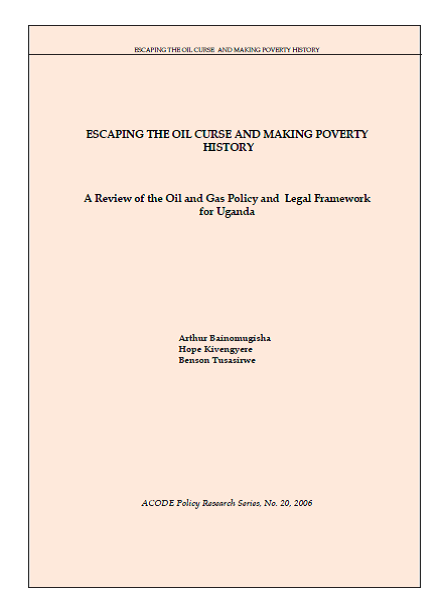Putting Payments for Environmental Services in the Context of Economic Development
Paying for the provision of environmental services is a recent policy innovation that is attracting much attention in both developed and developing countries. The innovation involves a move away from command and control environmental policies, harnessing market forces to obtain more efficient environmental outcomes.






